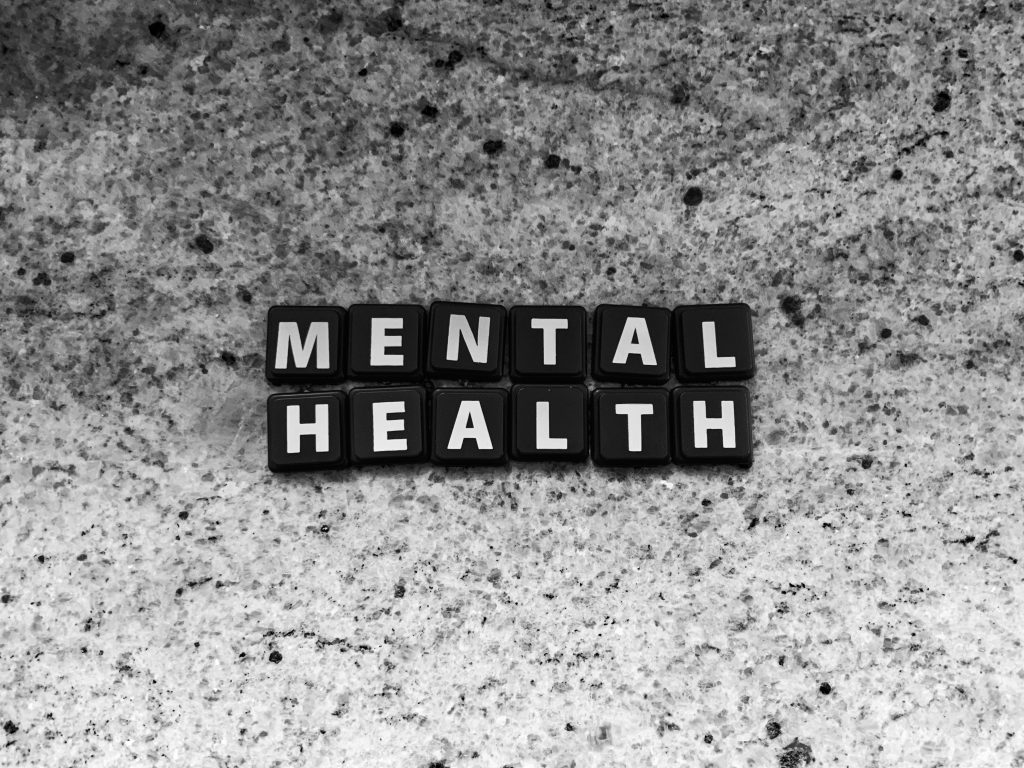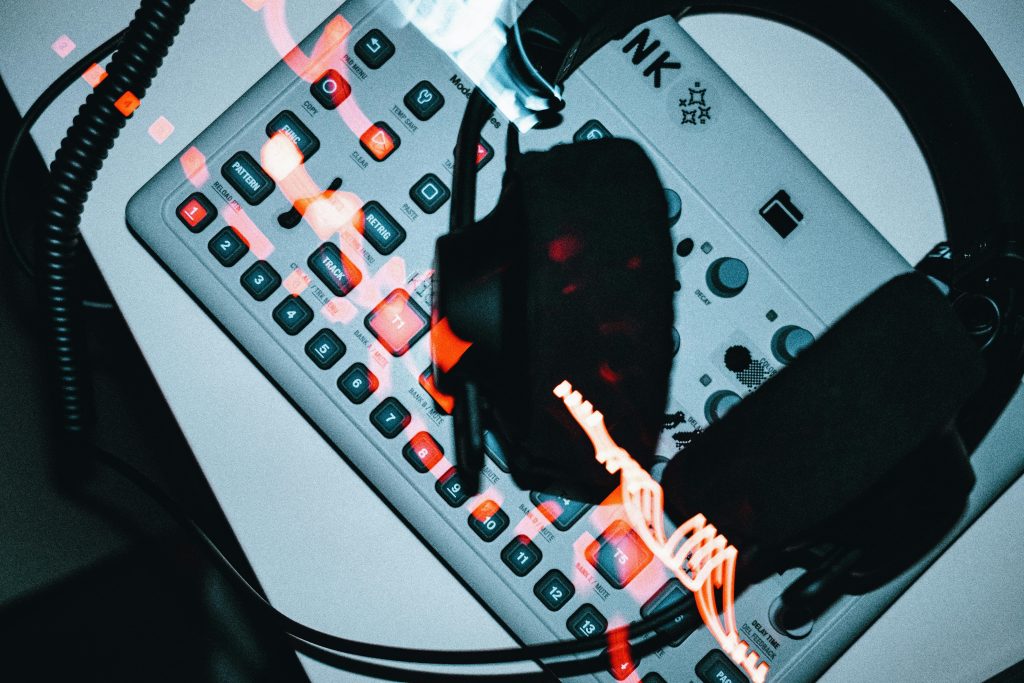Artificial Intelligence is playing an increasingly important role in mental health care, offering scalable support in a world where human therapists can’t meet global demand. AI-powered tools are helping detect early signs of mental health issues, support therapy sessions, and even offer round-the-clock emotional assistance.
Chatbots like Woebot and Wysa use natural language processing to simulate supportive conversations, track moods, and offer coping strategies based on cognitive behavioral therapy (CBT). These tools aren’t meant to replace professionals but to serve as accessible first steps for users who may feel hesitant or unable to seek help.
AI also assists mental health professionals by analyzing patient behavior patterns, voice tone, and social media activity to identify signs of anxiety, depression, or burnout. Such tools help clinicians intervene earlier and create personalized care plans.
While promising, AI in mental health must be handled responsibly. Ensuring data privacy, avoiding bias, and providing ethical oversight are critical as these technologies grow.
AI offers hope—not just through innovation, but by making mental well-being support more available, proactive, and responsive than ever before.



